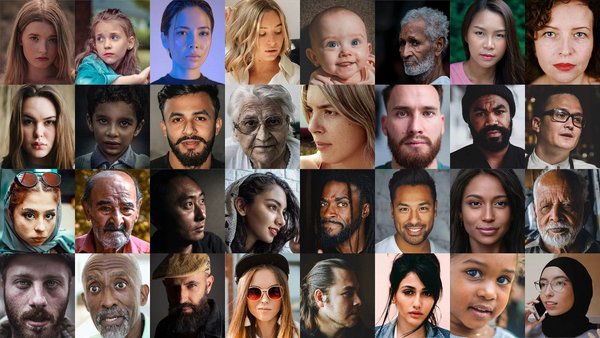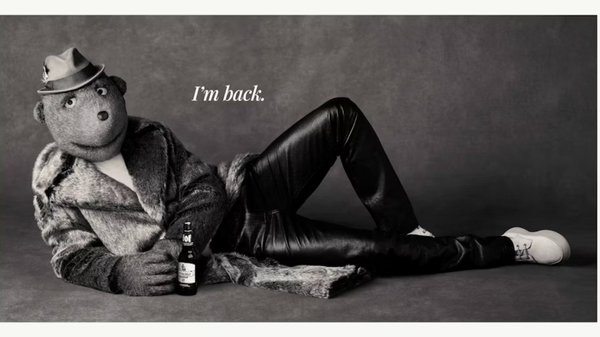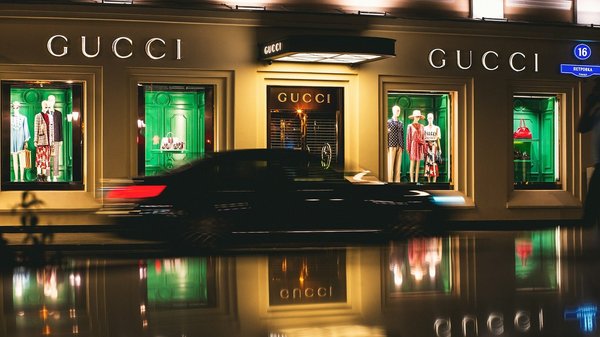6 things that weren’t advertising that got people talking in 2019 /
The Contagious team picks the most influential trends, memes and events of 2019
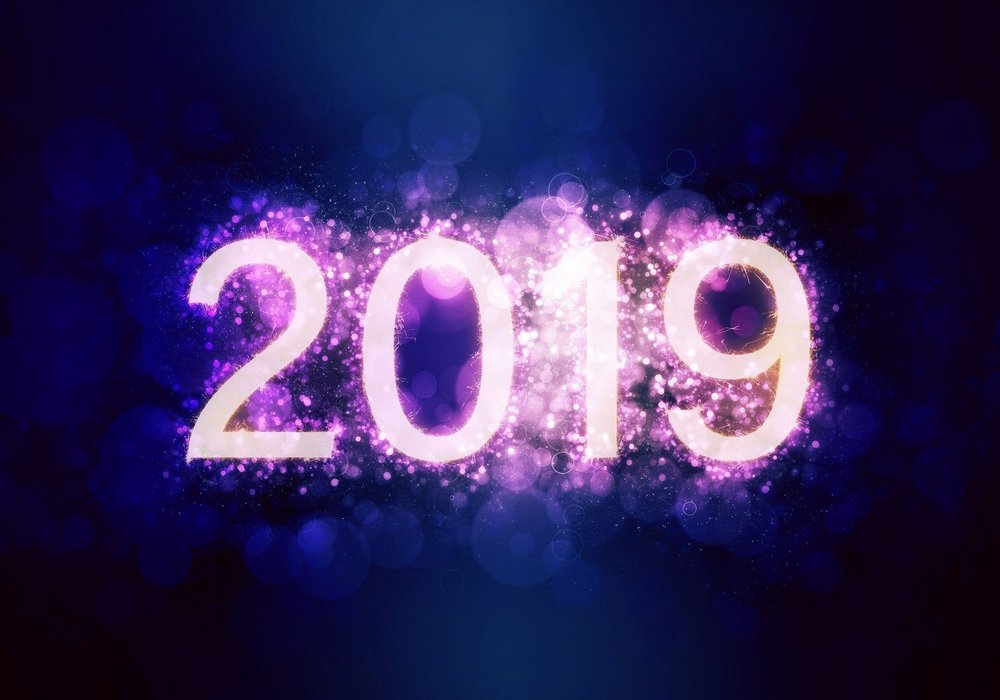
We at Contagious care about more than just advertising. We’re fascinated by anything that has the power to influence and spread, and that says something about the way people are wired: whether it’s ideas, memes, trends, people, events or anything else.
And once a year we like to demonstrate our cultural hinterland. So here’s a list of things that weren’t advertising that we think shaped and defined 2019.
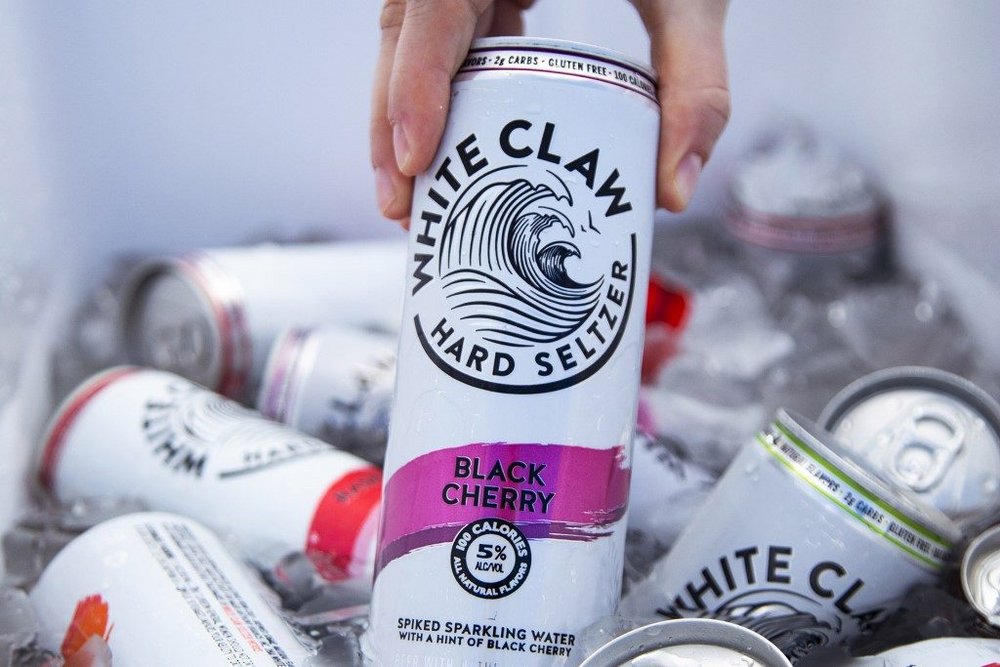
Easy times for hard seltzers /
The New York Times described hard seltzer as ‘the drink of summer 2019’. More than 82 million litres of the liquid is expected to be sold by the end of the year and sales of the tipple set to triple by 2023, according to the alcoholic beverage market data firm IWSR.
What is hard seltzer, you ask? Simply put, it’s a carbonated alcoholic beverage often infused with fruit flavours. So why is it popular? A combination of factors have contributed to hard seltzers seizing the zeitgeist in 2019: the instagrammability of the filter-friendly cans, the tongue-in-cheek identity the beverage has built atop a mountain of online memes (check out US brand White Claw), the belief that the drink is of the gender-neutral variety.
Is it just a flash in the pan? Well, I believe its staying power lies most in the fact that consumers today are drunk on wellness. Berenberg’s 2018 survey found teens and people in their very early 20s drank over a fifth less than the older generation did at the same age. Hard seltzers, with their lower calories and often (but not always) lower alcohol volumes, are becoming the go-to drink of the growing ‘sober-curious’ demographic. It could be the drink of summer 2020 too.
By Elliot Leavy, staff writer
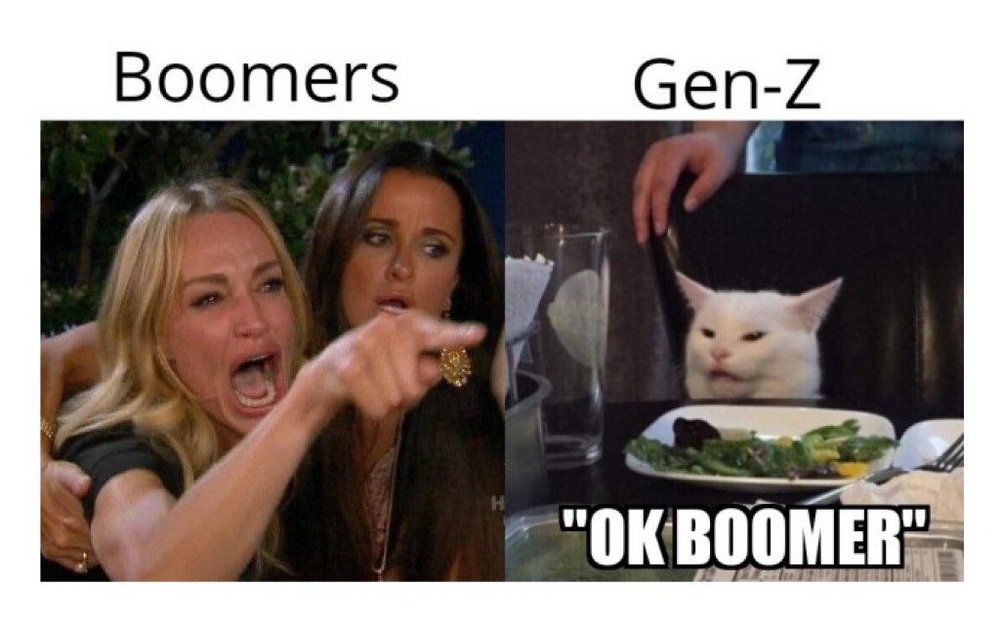
It’s Not Ok to Ok, Boomer /
Freddie Mercury was born in 1946. So was Donald Trump. One was a flamboyant and prolific singer, songwriter, record producer, secret charity donor and gay icon.
The other is a sociopath.
Dolly Parton was born in 1946. So was Ted Bundy. One is a flamboyant and prolific singer, songwriter, record producer, actress, author, businesswoman, humanitarian and feminist icon.
The other was a serial killer.
In the same way that it would be ridiculous to pin any of the US President’s misdemeanours on Mr Mercury, and beyond bizarre to draw parallels between Dolly’s smarts and Bundy’s sadism, why the hell do some people think that ‘Ok, Boomer’ is any way a valid admonishment? How can a diametrical generation of people be tarred with the same brush? As if there wasn’t enough toxicity and turbulence in the public discourse, on both sides of the Atlantic.
I do get it. The original ‘OK Boomer’ insult was flung in retaliation at a subset of Boomers who pull the political and economic strings and are seen as being condescending and critical of a cohort they like to dismiss as ‘snowflakes.’ But this generational tit for tat has got to stop. Ageism is divisive and demeaning and creates artificial tensions between people.
I’m a Gen Xer, yet I have never used this lazy label to define my identity. So let’s bin Ok Boomer, and focus instead on the word that we chose to close our recent Most Contagious conference on: Reconcile. [For more on this, download our Most Contagious Report]
Ok, people?
By Paul Kemp-Robertson, co-founder of Contagious
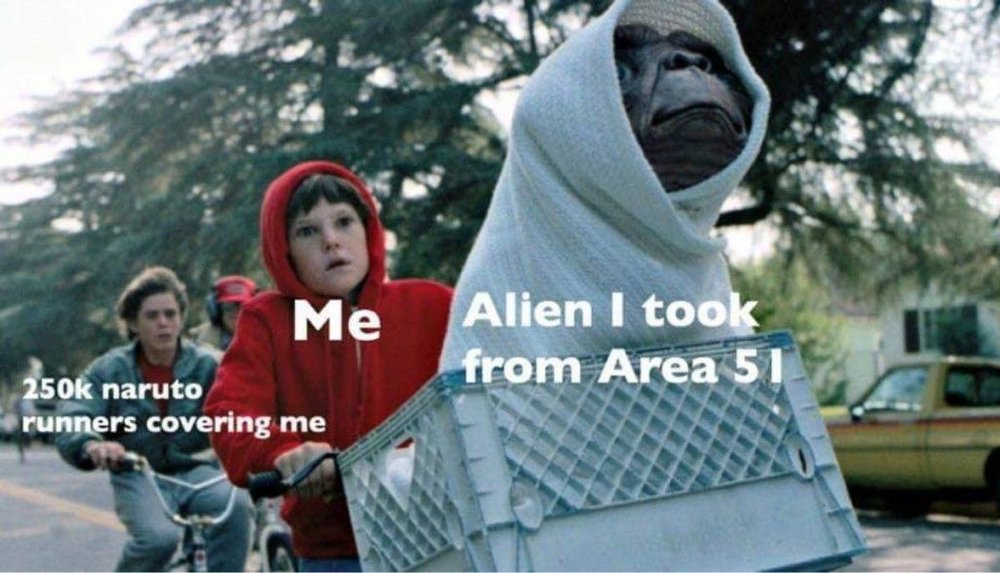
Out of this world Memes /
This year was the 50th anniversary of the moon landing, the first-time man stepped foot on another celestial body. Mankind decided to celebrate the milestone of this monumental feat by throwing a party at the most famous of all space institutions. No, not the Kennedy Space Center in Florida, silly – the mysterious Roswell, New Mexico, Area 51 Air Force Base.
The ‘party’, planned for 20 September 2019, was actually just a clever ploy to infiltrate Area 51 and free our alien brethren. With the Facebook invite called ‘Storm Area 51, they can’t stop all of us’, it wasn’t all that surreptitious. Still, 2 million of us replied and committed to the cause, while 1.5 million more people responded saying they were ‘interested’ in charging secret government facility.
Although it turned out to be a non-event, a damp alien squib, it was a huge cultural talking point. So, although we never did get into the base, we remain hopeful that the truth is still out there.
By Sunil Bajaj, staff writer
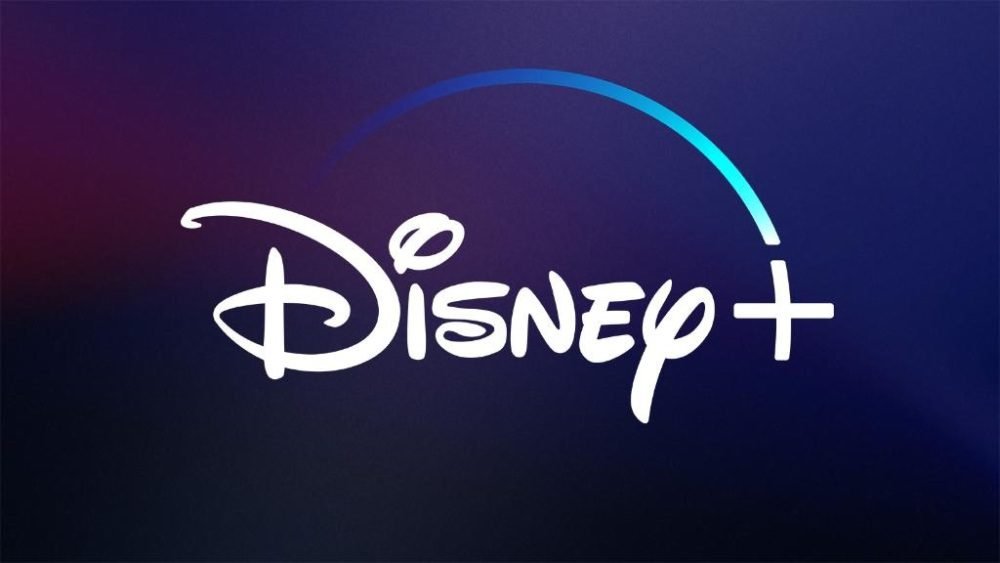
The Streaming Wars /
By 2019, the initial rapid expansion and fight for market share within the online streaming market had plateaued into a cold war, with tensions high between Netflix, Apple TV+ and Amazon Prime. The atmosphere was palpable, where something as seemingly harmless as a mouse could completely uproot the status quo.
This mouse’s name? Mickey.
By November 2019, Disney had released its streaming service, Disney+, in the US, bringing with it an extensive back catalogue of original content, almost 100 years of experience in the entertainment industry and multiple billion-dollar blockbuster movies. It was the equivalent of dropping a great white shark into a garden pond full of goldfish.
However, Disney don’t exactly have an easy ride. Consumers can cancel and switch between any of these services (Amazon, Netflix, Disney and Apple TV+, etc) monthly. Streaming companies need a constantly running tap of compelling content to beat their rivals, and they must provide it at an affordable price. So, sit back, relax and grab your popcorn, were in for a great show this next decade.
By Becca Peel, strategist
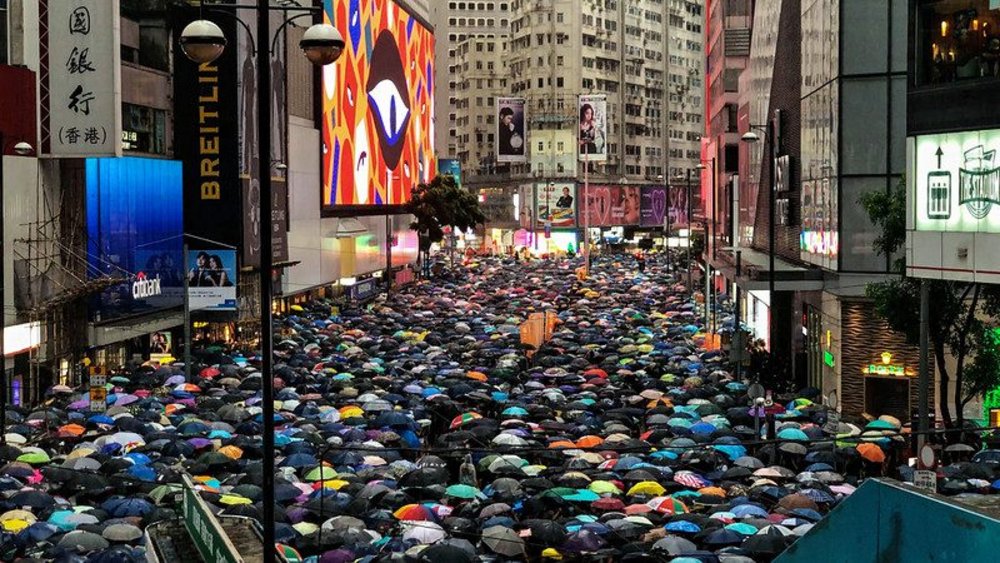
The rise of global protests /
This year it felt like the whole world was pouring into the streets demanding their voices be heard. These protests seemed to touch all corners of the Earth: France, Venezuela, Chile, UK, Spain, Colombia, Ecuador, Bolivia, Iraq, Iran, Sudan, Algeria, Lebanon and, of course, Hong Kong.
Trying to uncover a shared cause between them all is difficult, with a variety of political, environmental, cultural, economic and historic factors at play. But inequality and technology were omnipresent. In an interview with the BBC’s daily podcast Beyond Today, Stephanie Hegarty, the BBC’s population Reporter said: ‘The interesting thing is that most of the places where protests are happening right now, everything is getting more expensive, housing, healthcare, food and education… but the one thing that is not, is communication’.
People have more channels than ever through which to view the lives of the wealthy and scrutinise the behaviour of the powerful, both at home and abroad. But these same media are also empowering protesters, helping them organise and learn from others half the world away. As we become more connected digitally, we also become more connected emotionally. Standing together, thousands of miles apart.
By Sunil Bajaj, staff writer
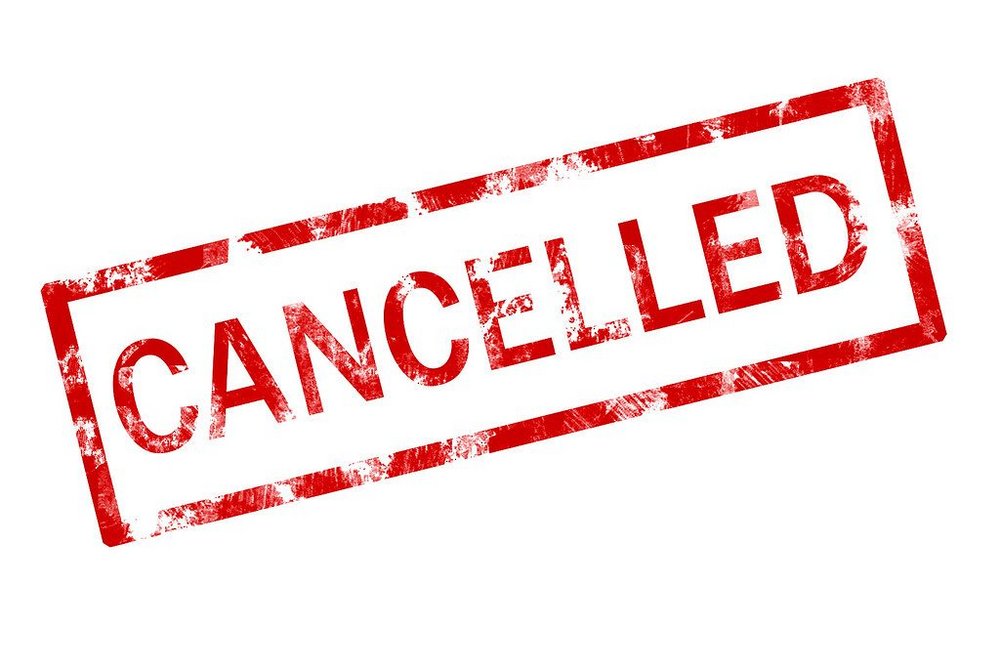
Cancel Culture /
At the Obama Foundation Summit in October, former US President Barack Obama railed against the obsession with ideological purity and competitive wokeness that pervades politics today.
Though he didn’t use the exact words, almost everyone listening knew he was talking about cancel (or call-out) culture.
It’s difficult to nail down a definition that will satisfy everyone, but cancel culture broadly refers to social media users deeming someone’s words or beliefs beyond the pale, and then going after their reputation, their relationships and sometimes their job.
The term has been bandied about for a number of years, but this year it was properly dissected and analysed, and it created a schism.
There are those, like Obama and journalist Jesse Singal, who condemn it as mob justice meted out by online hoards drunk on self righteousness.
And then there are those who believe it doesn’t exist. The supposedly cancelled suffer no lasting damage, they argue; people are just scared because previously-silenced groups now have a forum where they can fight back, and they’re using it.
The fault line mirrors fractures that appeared everywhere in 2019, between boomers and millennials, and activists and centrists.
It was the dynamic that defined 2019, and not even Obama could enter the fray without taking a hit to his cultural capital.
By James Swift, online editor
Contagious is a resource that helps brands and agencies achieve the best in commercial creativity. Find out more about Contagious membership here.
Want more of the same? /
We don’t just write about best-in-class campaigns, interviews and trends. Our Members also receive access to briefings, online training, webinars, live events and much more.
